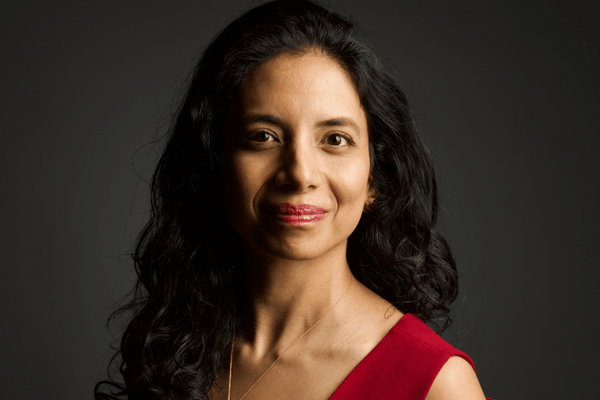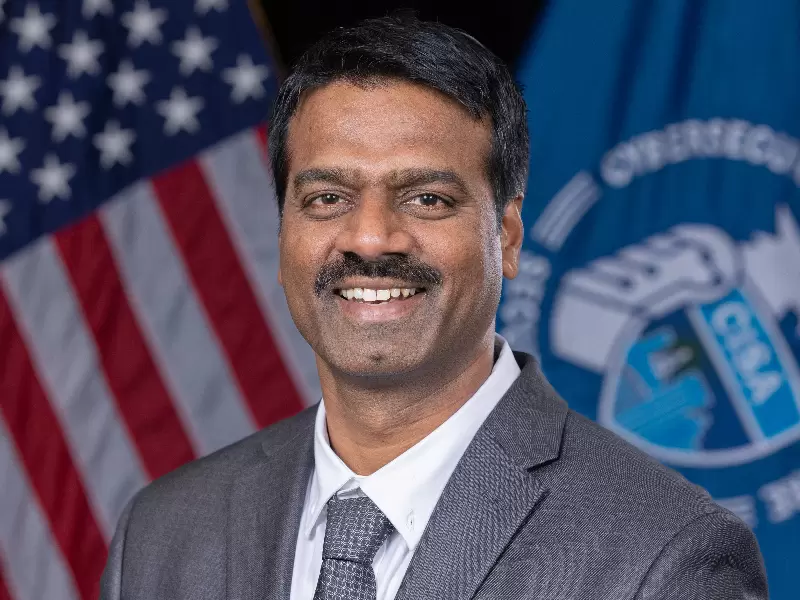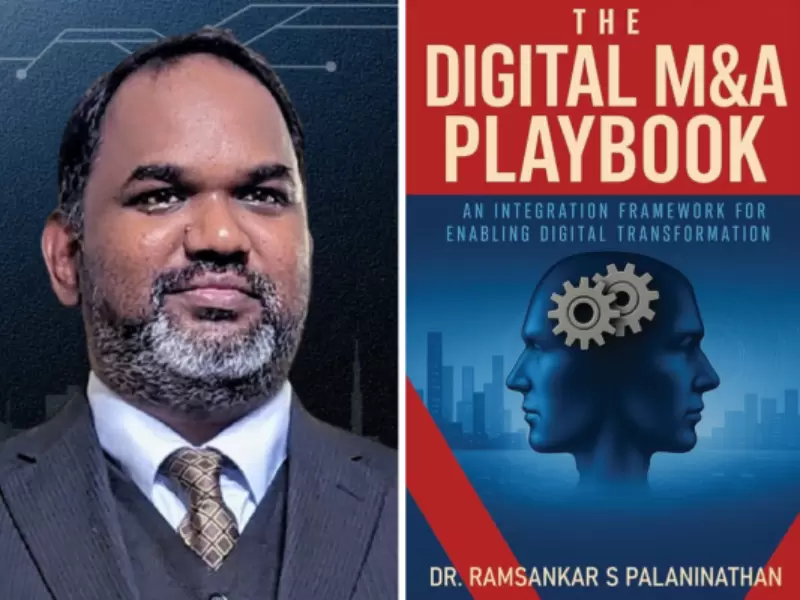Indian American professor Anima Anandkumar on developing AI for new scientific discoveries
Despite vast advances in tech, the AI expert believes that tackling truly unsolved and complex problems will remain the domain of human experts for some time.
 Anima Anandkumar / LinkedIn
Anima Anandkumar / LinkedIn
A California Institute of Technology (Caltech) professor and a leading scientist in machine learning, Animashree Anandkumar is developing AI methods aimed not just at interpreting scientific knowledge but at enabling groundbreaking scientific discoveries — by embedding physical science into machine learning models.
“What I am pursuing is designing AI methods that can enable us to make new scientific inventions and discoveries," the Bren Professor of Computing and Mathematical Sciences at Caltech and one of several Indian Americans who have emerged as top experts in the field of AI said in an exclusive interview.
'AI that powers language or computer vision has become so successful because of the vast amount of available data, but that’s not so in the scientific domain. There is scientific text, and AI models have already become good at understanding that – but that’s not everything necessary to make a new scientific invention and discovery,” Anandkumar explained.
While text models can point to relevant mathematical equations, they cannot bridge the gap to a working design, she said. “Asking ChatGPT for an aircraft wing or rocket may generate science fiction-based designs, but very likely, they will be non-functional and not work in the real world. The laws of physics, like aerodynamics, are indispensable for real-world applications and must guide the creation of optimal designs. This incorporation of physical principles is what we are pursuing,” she said.
An example of a novel design at her lab at Caltech is a medical catheter that reduces bacterial contamination by 100-fold with AI that understands fluid dynamics. With an understanding of how fluid moves in a pipe or a tube, bacteria are prevented from swimming upstream into the human body. The key aspects are 3D printing and optimized use of AI.
“We have taken this principle to several domains. We did the first AI-based high-resolution weather model that is not only accurate but tens of thousands of times faster. The speed means that what would take a big supercomputer to run a weather forecast can now be done at home on a gaming desktop – it just needs a consumer graphics processing unit (GPU). It’s a very fast and efficient way to do weather forecasting and can give a two-week forecast in under a minute,” Anandkumar said.
Also Read: TIME honors Anima Anandkumar and Arvind Krishna for AI contributions
She has straddled the twin worlds of academia and industry and conducted cutting-edge research across both for over a decade, having earlier been a senior director of AI research at Nvidia and a principal scientist at Amazon Web Services.
“I was always in academia, and even when I held the roles at Nvidia Corporation and Amazon Web Services, I had been dividing my time between that and Caltech. When I started my career after my PhD, I was at the University of California, Irvine, on the academic track because back then, AI was considered science fiction. As I was graduating, the path where I could pursue this was only in academia,” Anandkumar recollected.
Moving to AWS and Nvidia, and being a part of the teams and driving the agenda there to scale up AI in industry, provided her with a great opportunity, with deep learning starting to take off. “To me, the deep scientific impact that AI can have in areas of open problems, whether in math, science, or engineering research, is through collaborations with other faculty members. Being at Caltech now and being able to do it is great, and that’s the next part of the journey.”
Anandkumar, who received her B.Tech from IIT Madras, and then moved to the US for a Ph.D. from Cornell University and postdoctoral research at MIT, attributes her scientific achievements to her family and the way she grew up in India, in a big way.
“Both my parents, who are still in India, are engineers, and till they retired, they ran factories. They were technologically forward-thinking and advanced about how to bring the latest technology to their factories. They were ahead of their time, and I was always inspired by them. We would be very involved and would go to factories, industry fairs, and customer visits,” she said.
Her grandfather was a math teacher, and her grandmother’s embroidery with geometric patterns helped give her a strong grounding in maths, science, and engineering. “It was never seen as something harsh – it was fun, and I think that’s how I approach it even today. None of this is work, but it’s my passion,” she said.
For Anandkumar, yoga is a lifeline that helps her remain connected to her Indian heritage. “I practice it whenever I can. It helps me to relax, considering that there’s so much happening and so much to worry about, yoga has been game-changing,” she said, adding that Mysuru, where she grew up, is considered the birthplace of modern-day yoga.
Even though Anandkumar feels that the recent job losses in the US can be linked to bigger macroeconomic and political factors, and not entirely to AI, she feels that people need to adopt AI very quickly because companies are going to retain or hire those who can use these tools effectively and become productive.
“Consider software programming. AI tools are getting better every day and can now handle many standard coding tasks, such as plotting graphs, calling functions, and installing packages. That’s great because these often mundane tasks offer little value addition and are getting taken over very quickly by AI. This is an issue for those solely focused on these tasks, but the ability to leverage these tools for higher-value work remains crucial,” she said.
She believes that tackling truly unsolved and complex problems will remain the domain of human experts for some time. “My best advice is to focus on becoming highly proficient in using AI tools. Those who master their effective use will continue to find employment.”
Anandkumar, who recently received the Time100 Impact Award for accelerating scientific discovery with AI, felt that using AI for weather models, predicting climate change, and finding solutions to overcome climate change, like carbon capture and storage, will have a huge impact globally.
“People highly affected by climate change are the poorest and most vulnerable. Having the ability, through AI, to predict weather events, evacuate, and take measures, and more broadly, help agriculture through the understanding of the impact of different programmes, is helping society and underprivileged communities,” she said.
ADVERTISEMENT
ADVERTISEMENT
E Paper
Video




1747754650.png) Ishani Duttagupta
Ishani Duttagupta













Comments
Start the conversation
Become a member of New India Abroad to start commenting.
Sign Up Now
Already have an account? Login